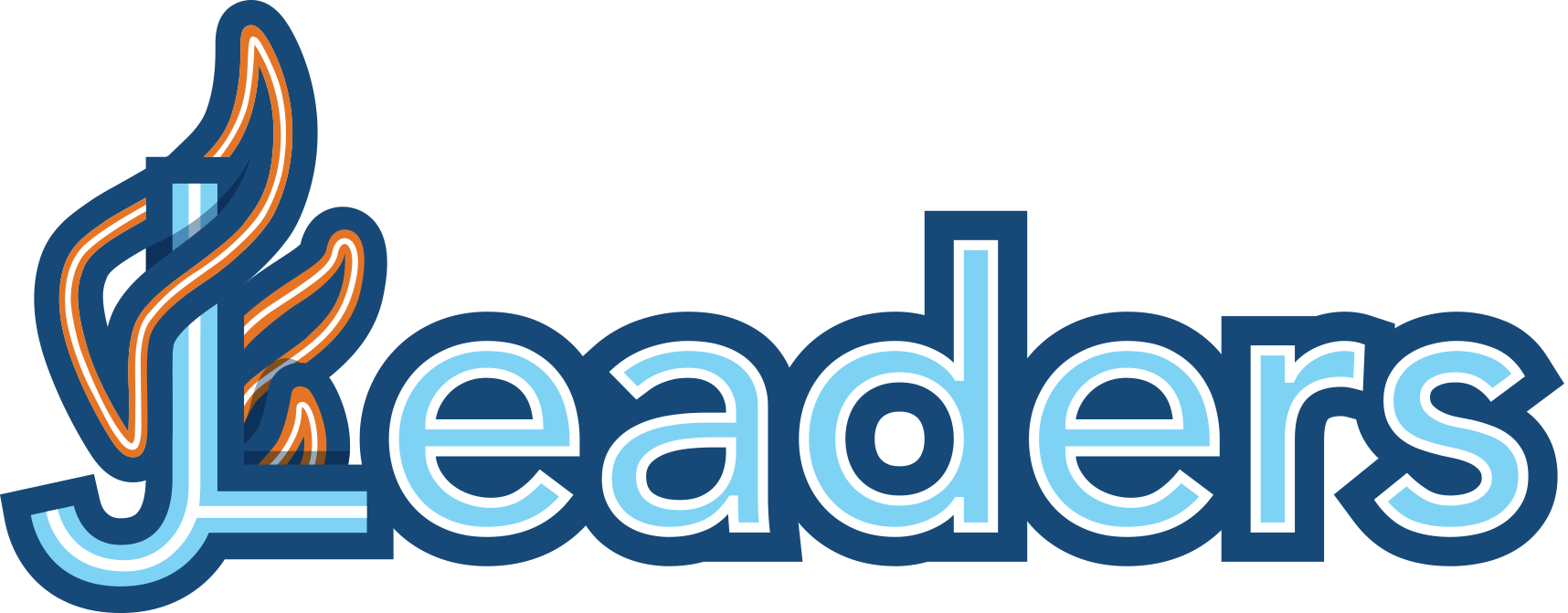J Leaders: Affirming Jewish Identity In Non-Traditional Spaces
By Zev Fogelman, J Leaders National Council Director
Re-printed from the Times of Israel Blog
As American Jewish millennials and Generation Z youth move from the religious to the secular, so do the ways in which they engage with the Jewish community. A recent AJC survey of 800 millennials found that 42.1% identify their connection to Judaism as cultural, compared with 32.9% who identify their connection as religious.
I grew up engaging in traditional American Judaism, and like other secular millennials, I attended Sunday school, synagogue with my family, a Jewish summer camp, became a bar mitzvah, as well as attended a popular program for American Jewish youth in Israel. But as I have gone through my 20’s, I am observing that others in my generation are choosing not to actively engage in these same traditional Jewish institutions.
As a young adult, I’ve come to realize that non-traditional spaces often make me most comfortable with and connected to Judaism and the Jewish community. I choose to embrace and explore my Jewish identity through programs for young Jewish professionals, such as The Kitchen, The Orchard, Young Jewish Professionals (YJP), One Table, Jewish Young Adults (JYA), and one I’ve become involved with lately – J Leaders.
J Leaders, to me, is so compelling because it’s at the axis of leadership, entrepreneurship, and Judaism. I’ve found that J Leaders creates a unique environment through team building, dialogues with experienced Jewish leaders, small group projects, and interactive workshops that cultivate community and self-reflection. Through J Leaders, fellows build lifelong personal and professional networks and learn from prominent Jewish leaders who share their stories at impactful leadership forums.
As Marla Goodman describes in an essay she wrote about her experiences, titled J Leaders – A Priceless Opportunity, “The program gives young adults like me the priceless opportunity to learn from these talented individuals and invest in ourselves while building Jewish community with like-minded Jewish individuals our own age.” The participation of Olympians, Tech executives, and other influential figures, helps J Leaders to cultivate community, meaningful connections, and leadership opportunities for American Jewish millennials and GenZ’s. For alumni Eve Figueroa Karp, J Leaders transformed her view of networking into “the intention of connecting with new people with whom I have something in common, be it a career, hobby, or even an aspiration. Networking is the first step for building relationships and community,” as she mentions in her essay, Enough With The Networking, Let’s Start Building Relationships.
J Leaders, whose aim it is to rekindle interest in and generate enthusiasm for Judaism, has become increasingly popular among American Jewish millennials and GenZ youth who continue to see their faith as cultural. As Marla Goodman and Eve Figueroa Karp point out, this program is a catalyst for one’s social, emotional, and spiritual growth. For young American Jews who are looking to affirm their Jewish identity in non-traditional spaces and make their own difference in the world, J Leaders is the place to be.
Join our mailing list to stay in touch with J Leaders.
ABOUT THE AUTHOR
Zev is the Director of Development and Communications at the Learning Community Charter School. He previously worked for Israel’s Ministry of Foreign Affairs as the Director of Public Relations at the Consulate General of Israel to the Pacific Northwest. Additionally he was the Communications Director for the congressional campaign for Nick Matthew, a Democratic candidate in the 4th district of Massachusetts.

